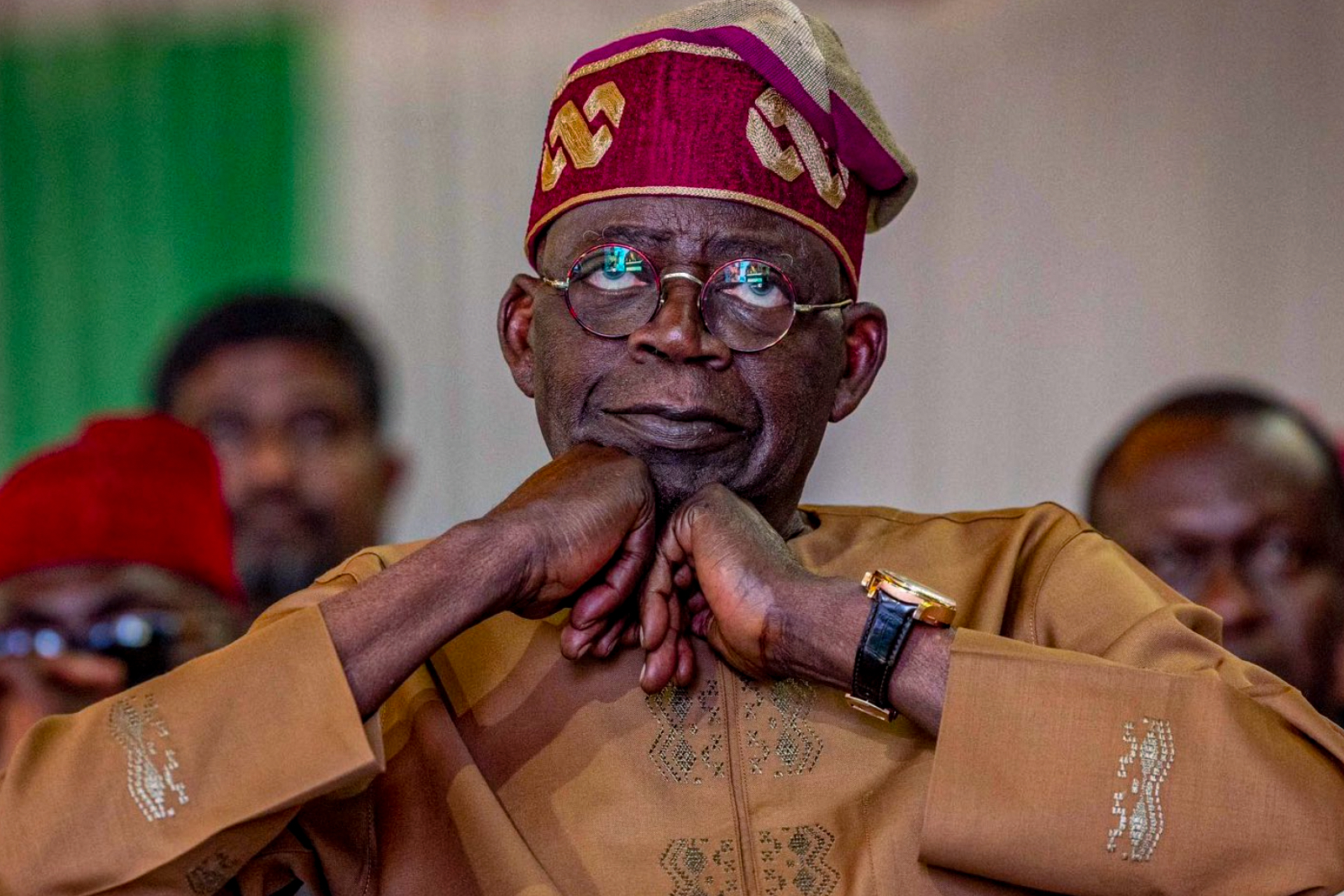
Can the Judiciary Save Nigeria’s Democracy?
If the court is the last hope for the common man, then Nigeria is in trouble. A history of corruption and judgment based on technicalities — not on facts and evidence — calls into question the reliability of the Nigerian judiciary.
After the Nigerian national electoral body declared Bola Tinubu, the ruling party’s candidate, the winner of the just concluded presidential election in February, the two major opposition parties — the People’s Democratic Party and the Labour Party — contested the results and are headed to court. But are they looking for justice? When it comes to electoral disputes, many citizens have little trust in the judiciary. A 2022 survey on citizens’ perceptions of governance in Nigeria finds that about 71 percent of Nigerians lack trust in the judiciary because they believe the judicial system is unfair and does not treat everyone equally.
As always, this most recent election is a test of democracy. It is the method through which the people make their preferences known. But if the election produces questionable results, it is expected that the court will look at the facts and evidence to deliver fair judgment.
Unfortunately, the Nigerian courts have a history of ignoring fact-based evidence in electoral disputes, leaving the contesting parties with a high chance of winning the case even if the facts or the law aren’t always on their side.
In 2019, the gubernatorial candidate for the People’s Democratic Party challenged the outcome of an election in Osun State, in southwestern Nigeria. Despite winning at the Election Tribunal and the Court of Appeal, the Supreme Court later struck down the decision of the lower courts on the grounds that one of the judges who delivered the judgment at the tribunal court was not present during the trial, even though the judge had accessed the court record.
This case aroused nationwide outrage leading to the National Assembly questioning Chief Justice Ibrahim Tanko. In his response, Tanko attested to the abnormality of the Supreme Court’s rationale.
Later in November 2019, Ibrahim Tanko cautioned his fellow justices about making decisions based on technicalities and calling for them to avoid relying on the procedural rules of the court at the expense of justice. Tanko said, “In order to sustain public confidence in the judiciary, judges must continue to be proactive by not allowing technicalities to stand in the way of substantive justice.” But despite this warning, rulings based on technicalities is far from gone in the country’s Supreme Court.
The most recent judgment of the Supreme Court to arouse public anger came down in February on a case between Ahmad Lawan, the Senate President, and Bashir Machina, both of whom were vying for the senatorial nomination for their district. During the primary elections, Lawan dumped his senatorial ambitions to pursue the presidency. In so doing, Machina won the senatorial nomination. Upon losing, Lawan came back to Machina pleading with him to hand over the senate nomination. Machina refused.
Despite this refusal, the All Progressive Congress, the ruling party, submitted Ahmad Lawan’s name as its candidate for the election. Machina challenged this in court and won the case. Lawan went to the Court of Appeal where the justices affirmed the decision of the lower court. But the Supreme Court ruled in favor of Lawan.
The court faulted the approach of Bashir Machina in commencing the suit at the Federal High Court, stating that an originating summons is not allowed for cases involving allegations of fraud.
The decision sounded disingenuous to many Nigerians as Ahmad Lawan’s nomination was a violation of the country’s Electoral Act that mandates the political parties hold primary elections for candidates and forward the name of the candidate with the highest votes.
Many people lashed out against the apex court for its decision, including Farooq Kperoogi, a Nigerian journalist, who described the justices as “shameless judicial bandits” and accused the court of selling its decision to the “highest bidder.”
Though the court came out to deny these allegations, the decision still reeks of corruption to Nigerians, especially as it was coming from a sector with a history of crooked decisions.
Notwithstanding the stains around the judiciary’s garment, there is always room for rectification.
The ruling party has emerged as the winner in a “disputed” presidential election and as the contesting parties move to the courts, everybody looks to the judges to deliver fair judgment by evaluating the facts and evidence, and not jeopardize a party’s victory with mere technicalities. This is another opportunity for the judiciary to reclaim the confidence of the people as the last hope for the common man.
